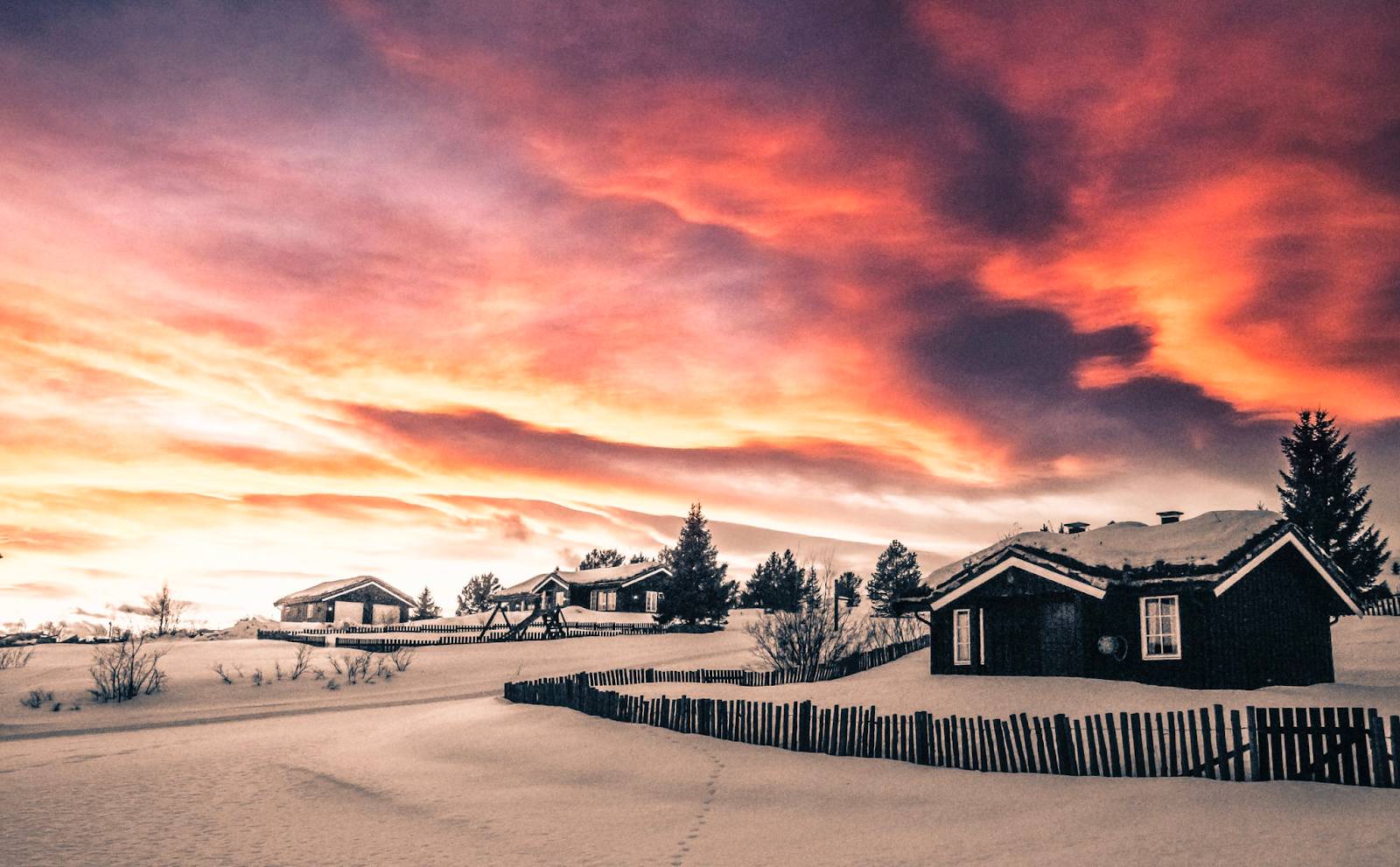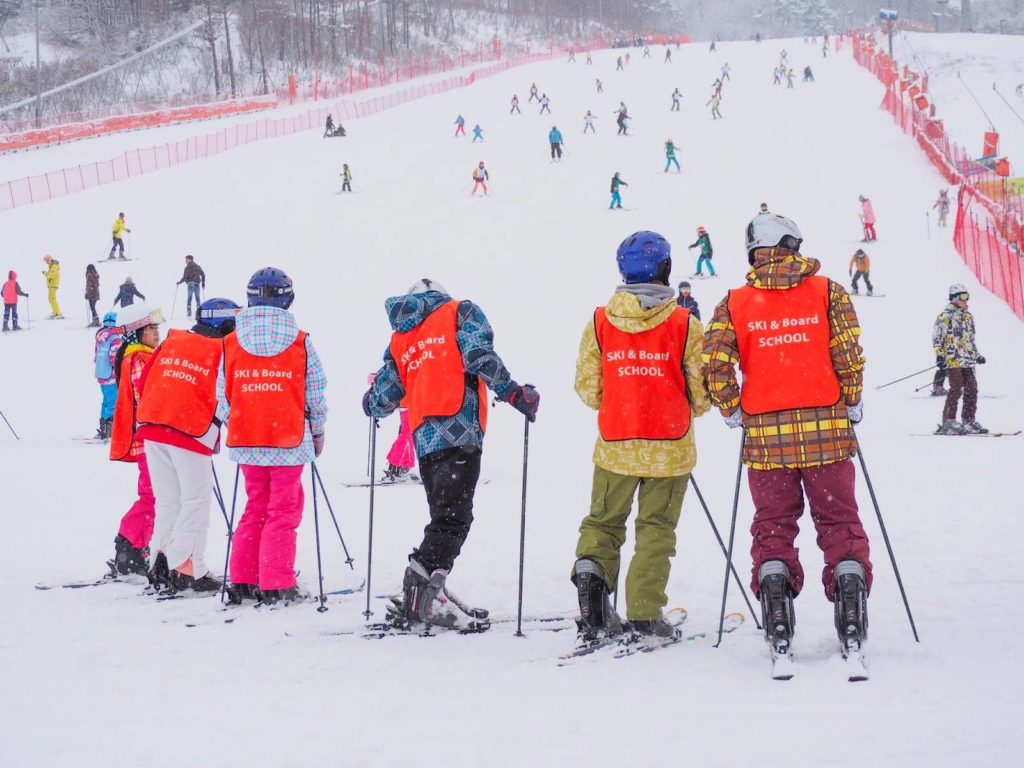Safety Tips During Winter Vacation


 Tuesday, 26 July 2022
Tuesday, 26 July 2022
There are some things you can’t take control of when taking that long-awaited winter vacation. These could be weather conditions or unforeseen delays. You can, however, take precautions to ensure your assets back home are protected, and you and your travel companions are as safe as can be.
If you are supposed to drive to your winter destination, it’s best to always be informed and prepared. According to the National Collision Database, almost 30 percent of vehicular accidents or collisions occurred on snowy, wet, or icy roads in 2017. A third of this figure took place between November and February, with December 2017 getting 26,824 accidents. At least 14,000 of these incidents caused an injury.
Aside from collisions, snowmobiling accidents are also rife during winter vacations. Based on a report from the Canadian Institute for Health Information, snowmobiling incidents between the winter of 2017 and 2018 sent almost a thousand injured people to the hospital.
So if you are to participate in this popular winter recreation, keep in mind that the Red Cross recommends doing it on at least 25 centimetres of ice. You should also avoid unstable surfaces like grey ice and refrozen or recently thawed ice. Also, wear a survival suit or life jacket as this can save you if you fall into an ice hole.
Whether you drive a car or a snowmobile during your winter holiday, always be sure to stay sober. Drinking and driving are hazardous for any weather condition, much less in winter.
Read our top safety tips below to ensure you enjoy your vacation.
Safety Tip #1: Prepare Your Home
While preparing for your vacation, it can be easy to place thinking about the safety of your home on the back burner. But protecting your residence against winter weather conditions should be of high priority.
Leaving your home for some time during winter weather exposes it to additional risks caused by cold weather, winter storms, and unpredicted events. There are several safety tips you can observe to ensure your home is “winterized,” and these include the following:
- Install weather stripping, insulation, and storm windows
- Insulate water lines along exterior walls
- Have someone check and clean your fireplaces and chimneys
- Clear gutters and repair any roof leaks
- Ensure you have a safe alternative heating source and fuels available
Safety Tip #2: Prepare Your Vehicle
Another critical aspect of winter safety, particularly crucial before a vacation, is preparing your vehicle for winter driving and conditions. This helps prevent costly damage to your car and, most importantly, ensures that those using it are kept safe.
Here is a helpful checklist you can tick off to prepare your car for winter conditions:
- Have the radiator serviced and maintain the antifreeze level
- Check the tread of your tires, or where necessary, replace these with winter tires or snow tires (mainly if you live in a high snow-fall area)
- See to it that your car has anti-lock braking and familiarize yourself with how this works in different conditions
- Avoid ice in tanks or fuel lines by always keeping a full tank of gas
- Ensure your windshield wipers have been checked, and use a winter formula in your windshield washer
- Keep an emergency kit in your car (see Safety Tip #3)
Driving according to the conditions is crucial for safe winter driving. If these are poor, consider delaying your trip if possible. If you must drive, do so slowly. Increase your following distance and pay careful attention to crossings and walkways.
Check our blog post for more winter driving tips for a safer trip.
If you do get involved in an accident due to somebody else’s negligence, call Diamond & Diamond Lawyers immediately (after calling emergency services if required) at 1-800-567-HURT. This way, we can ensure that you follow the most appropriate next steps and get the help you need.
Safety Tip #3: Keep Standard Emergency Equipment
Whenever you travel in a vehicle, whether your own or a rental, during your vacation, it’s essential to have a standard emergency kit. This should include:
- Your cellphone and a portable charger
- A flashlight and flares
- A battery-powered radio
- Jumper cables
- Sand or kitty litter (for traction)
- A shovel/ice scraper
- Extra blankets/warm clothing
- Food/water
- A first aid kit and all types of medication you require for longer trips
Icy roads during winter increase the risk of accidents, and preparedness with an emergency kit may be the difference between life and death. Outside of driving, carrying a standard emergency kit with you while you are out and about ensures you are prepared for any unexpected events.
Remember that additional clothing and bedding may also be required if your accommodation does not have a fireplace or heating system.
“If you get stuck in your vehicle with snow packed around the exhaust pipe, know that this can cause high carbon monoxide levels in the car if you keep it running. To be safe, clear all snow away from the exhaust pipe while waiting for assistance. If you must leave the car running to use the heater, leave a gap in the window for ventilation.”Pro Tip

Safety Tip #4: Take Precautions Outdoors
Outdoor activities during the winter holiday season pose several safety hazards. Thinking ahead is key to holiday safety, particularly in cold temperatures.
Freezing temperatures increase the risk of hypothermia or frostbite. If you venture outside for outdoor recreation, dress appropriately in a wind-resistant coat/jacket, inner layers, hats, scarves, and waterproof boots. Always take a buddy with you, an emergency kit, and a cell phone. A huddle with your companions can provide warmth where necessary.
Cat litter or sand sprinkled on icy patches can help prevent slip and fall injuries or help get your car out of a slippery driveway. Carrying an ice scraper will come in handy for clearing your car’s windshield.
It pays to ensure your accommodation has appropriate heating for where you are going and to check your heat sources are working on arrival.
Safety Tip #5: Be Aware of News and Travel Advisories
In the lead-up to your vacation, you must stay updated with weather news and travel advisories.
Be aware of what common weather advisories may mean for your trip:
- Winter Weather Advisory: This indicates potentially dangerous winter weather is expected within the next 12-36 hours. You should prepare accordingly, utilizing the safety tips above.
- Winter Storm Warning: This means winter weather is expected within the next 12-36 hours or is already occurring. Travel is not advised, particularly if your route takes you over high passes. For further information on preparing for a winter storm, see our blog post here.
- Blizzard Warning: A blizzard warning means severe weather is expected within the next 12-36 hours. You should not travel during this time.
If these travel advisories apply in your hometown, ensure that you prepare your house following safety tip #1. Remember that outdoor electrical outlets exposed to water can cause short-circuiting.
If you are driving in dire weather conditions, keep an eye out for hazardous road conditions, including poor visibility, ice or snow on the roads, and fog. In case of an emergency, such as your car being snowed in or breaking down in a crash, don’t forget to apply our Pro Tip to clear the exhaust pipe to prevent carbon monoxide poisoning.
Been Hurt Due to Someone’s Negligence While On Vacation? Contact Diamond & Diamond Today.
Following our top 5 safety tips for the winter holidays can help prepare you for safe and enjoyable winter travel. In untoward incidents, preparedness and an emergency kit can save your life.
However, even if you take every precaution for this winter season, the actions of others can still affect you. If you or your travel companion gets injured on your vacation, and another person is at fault (e.g. through a car crash, being injured on another’s premises or during outdoor recreation), Diamond & Diamond Lawyers will help you get the assistance and compensation you deserve.
Call our experienced team with proven results in a range of personal injury cases today at 1-800-567-HURT for a free consultation.






